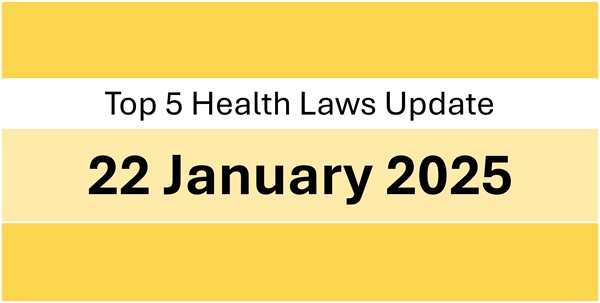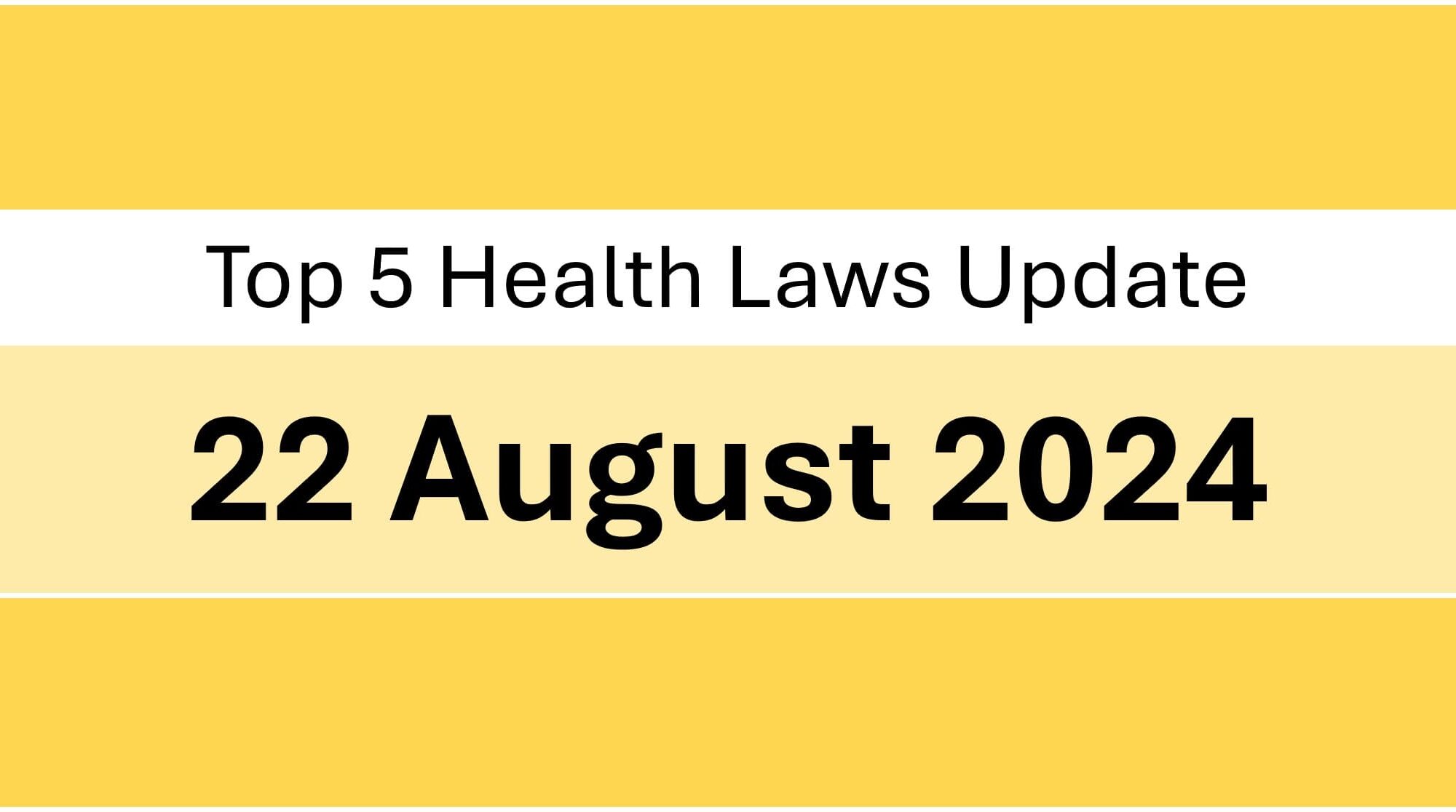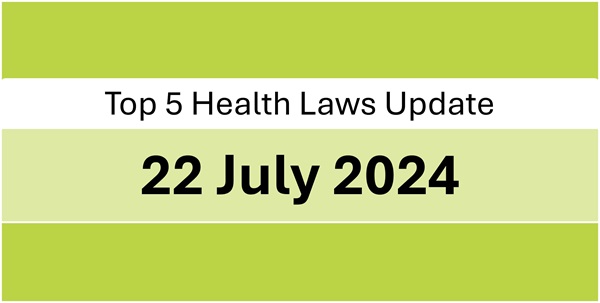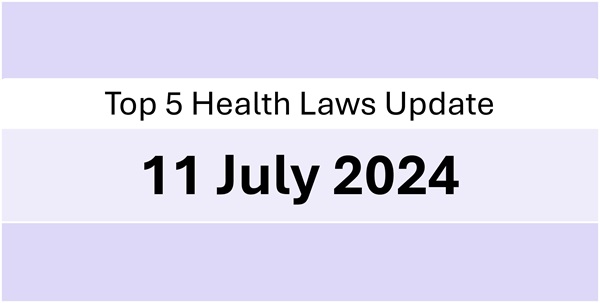Dear Readers, we are happy to share the most interesting legal and policy updates concerning health industry that we read today. we hope you enjoy reading it.
1. India’s Central Drug regulator, the Central Drugs Standards Control Organization (CDSCO) has issued an instruction manual for manufacturers and importers of devices not having predicate devices, to file Periodic Safety Update Report on the Medical Device Portal.
Source: bit.ly/4g5ORaV
2. India’s Delhi High Court held in a recent order that petitions regarding patent infringement, during the lifetime of a patent will continue to be valid even after the expiry of the term of the patent itself, since the cause of action has arisen at a time when the patent was still active.
Source: bit.ly/3PL3TYU
3. India’s central level regulator of the medical profession and education, the National Medical Commission has issued a draft Teachers’ Eligibility Qualifications, where it is proposed to permit non-medical personnel with Masters and PhD level degrees to teach Anatomy, Physiology and Biochemistry at medical educational institutions.
Source: bit.ly/40HAW6o
4. A premier commercial body of India’s restaurant business operators are currently mulling legal action against quick-commerce companies which have created a business model of undercutting the restaurant business through the use of private-label food products.
Source: bit.ly/4auFgsV
5. The European Pharmacopoeia has adopted three general standards for mRNA based vaccines, (1 mRNA vaccines for human use (5.36), covering mRNA packaged in lipid nanoparticles, (2) mRNA substances for the production of mRNA vaccines for human use, and (3) NA templates for the preparation of mRNA substances. These standards are expected to set a framework of control for regulatory control and approval of mRNA vaccines across the EU and all jurisdictions that accept EU Pharmacopoeia standards.
Source: bit.ly/4ar8HMK





